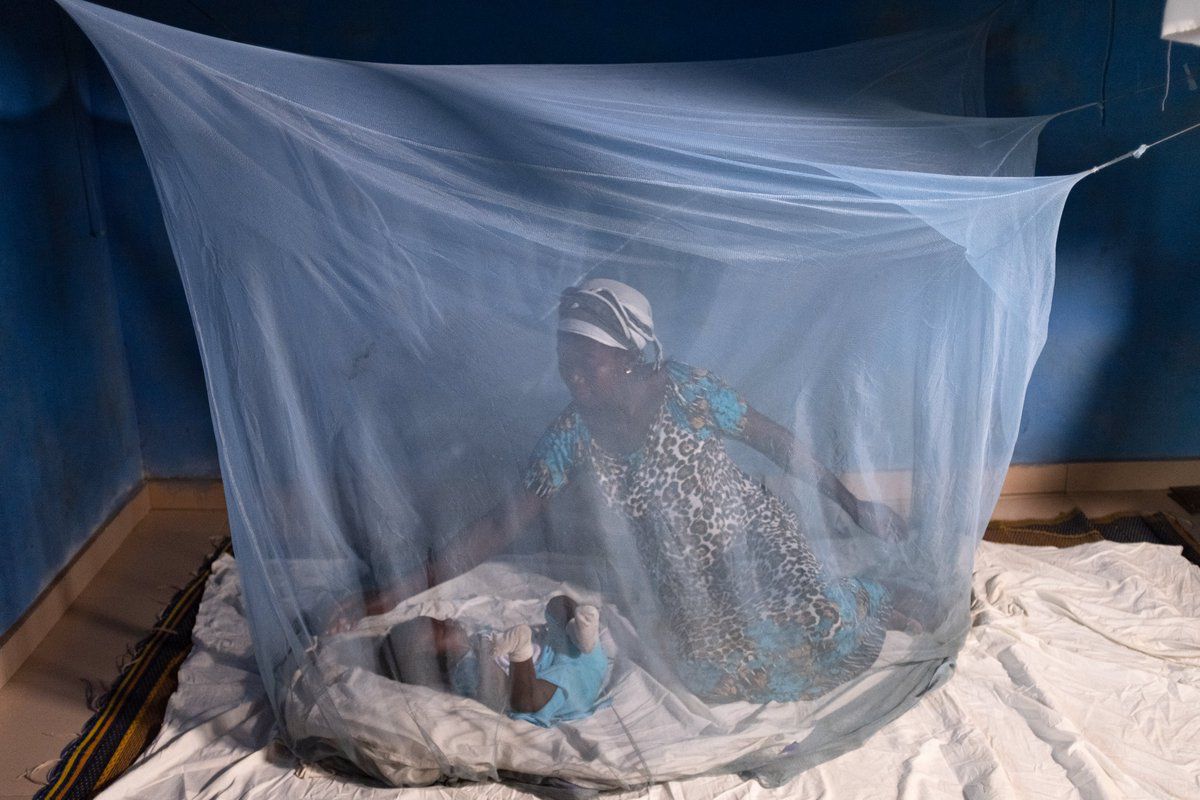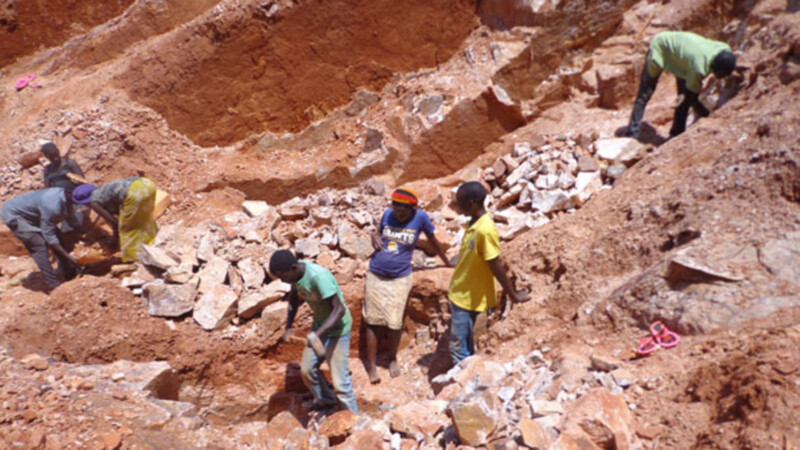Since the beginning of the year, over 500,000 people have been affected by malaria in Rwanda, and 61 have died from it. Health authorities are continuing efforts to distribute insecticide-treated nets to help protect the population. The increase in malaria cases is mainly attributed to the seasonal rains, which contribute to the rise of the malaria-transmitting mosquitoes.
From January to September 2024, 518,000 people across the country contracted malaria, with 61 fatalities. This represents a significant increase compared to the same period last year, when there were only about 370,000 cases.
Dr. Aimable Mbituyumuremyi, the head of the malaria control division at RBC, shared with RBA that among those diagnosed with malaria, many are suffering from severe cases, known as cerebral malaria. RBC reported that in the past month, 85,000 people were diagnosed with malaria, with 75,000 of them residing in just 15 districts. The districts most affected include Gisagara, Bugesera, Gasabo, and Kicukiro.
As part of the plan to eliminate malaria by 2030, the Rwandan government aims to distribute more than 6 million insecticide-treated nets by 2025.
These announcements came shortly after the World Health Organization (WHO) declared that Egypt has successfully eradicated malaria, a disease that the country had battled for over 100 years. Malaria, caused by the bite of the Anopheles mosquito, has been a significant public health challenge worldwide.
According to WHO statistics, malaria kills at least 600,000 people annually, the majority of whom are in Africa. As of now, 44 countries worldwide have officially been declared malaria-free.
WHO has set a global target to reduce malaria cases by 90% and malaria-related deaths by 90% by 2030. They also aim to have at least 35 countries completely free of malaria by that year.
The fight against malaria is ongoing, but with sustained effort and resources, countries like Rwanda are making significant strides toward eradicating the disease by 2030.
BY IHIRWE CHRIS





